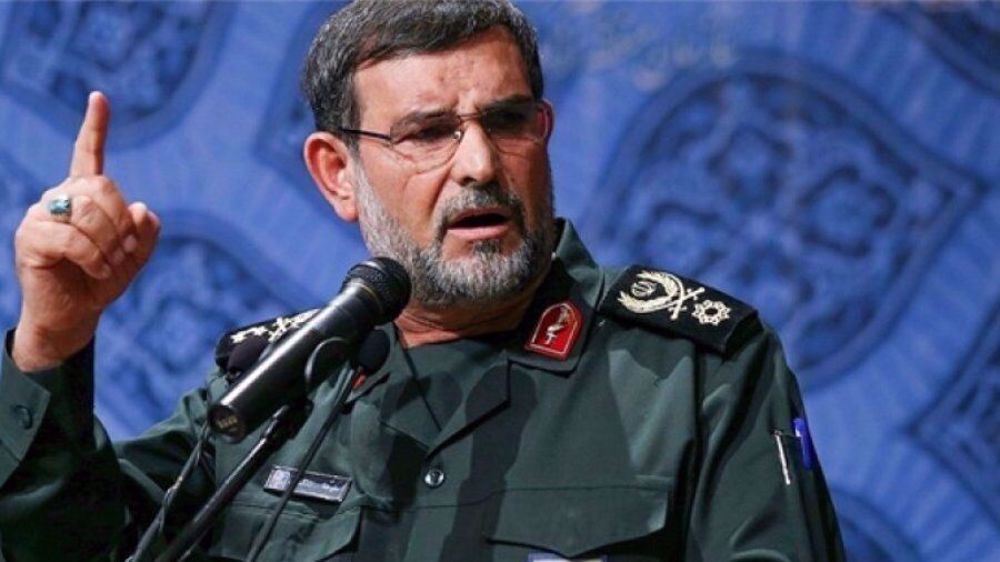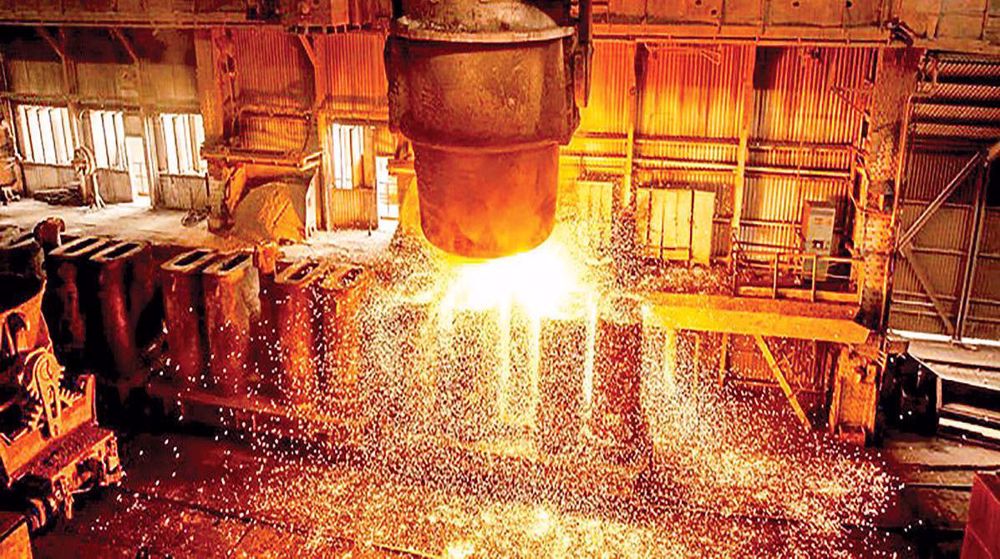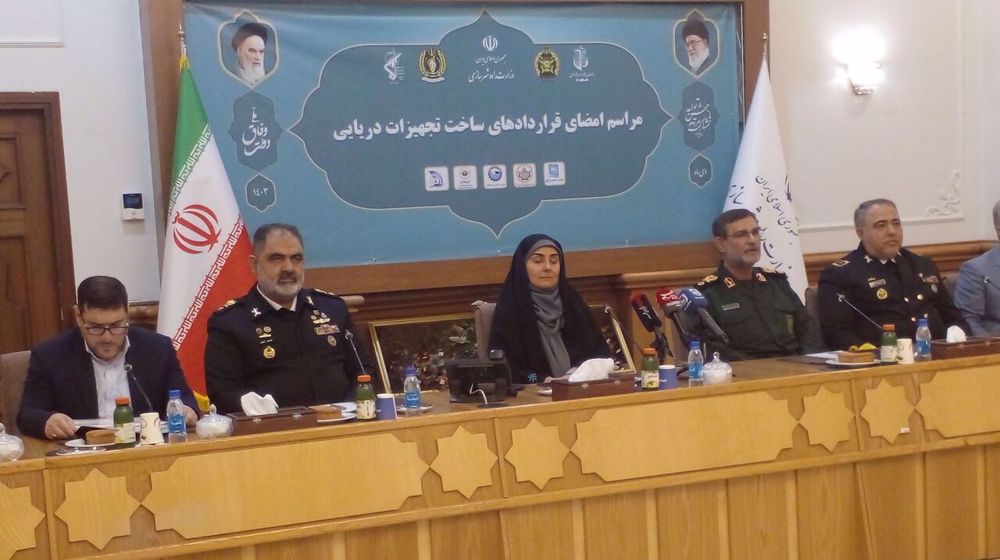Pakistan, Iran move to ink free trade deal
Pakistani officials say Iran has agreed with the initial draft of a bilateral free trade agreement, paving the way for the start of formal negotiations to finalize the agreement.
The two countries signed a “strategic action plan” to raise their trade to $5 billion in the next five years when President Hassan Rouhani visited Islamabad in March.
“We have recently got back the initial draft that we shared earlier with the Iranian authorities; they have given their input and agreed to push ahead with the plan,” Pakistani media quoted a senior official at the country’s Ministry of Commerce as saying on Monday.
According to the unnamed official, a Pakistani delegation will visit Iran “most probably by next month” to start formal talks on the free trade agreement.
A preferential trade agreement has been in force between the two neighbors since September 2006 but financial transactions have not surpassed $1.3 billion which they recorded in 2012 when US-led sanctions on Iran brought them down to $432 million.
The changed scenario after the removal of the sanctions has prompted Iran and Pakistan to give a fresh impetus to their trade ties.
Last month, they agreed to open special bank accounts in their local currencies to streamline the payment system. The absence of a payment mechanism was a key hurdle to trade between the two neighbors because a US ban on Iran’s access the American banking system prohibits transactions in the dollar.

A free trade agreement envisages transactions in goods, services and investments. To achieve that, they have to tackle a number of hurdles first, including non-tariff barriers and infrastructure bottlenecks.
Pakistan is currently receiving 100 megawatts of electricity from Iran for its border cities and is negotiating to raise this to 1,000 megawatts to cover its shortfalls where it suffers about 12 hours of power cuts per day.
The two countries’ biggest plan, however, is to carry Iran’s gas to Pakistan through a 1,900-kilometers pipeline. Iran has completed its part of the gas pipeline and is waiting for Pakistan to finish the job.
The energy crisis in Pakistan has worsened in recent years over 4,000 megawatts of electricity shortfall. The nation of 190 million people can only supply about two-thirds of its gas needs.
Successive Pakistani governments, however, have dragged their feet on the Iranian gas project under pressure from the US which is rooting for an alternative pipeline from Turkmenistan.
Iranian gas deliveries were supposed to commence in 2014, with Pakistan contractually obliged to pay fines for the delay.
While Iran has agreed to forego the fines, the breakthrough in nuclear talks between Iran and the West and China’s decision to provide Pakistan with a $46 billion investment package have heightened the prospects of the pipeline's finalization.
VIDEO | S Korean legal battles rage as presidential impeachment trial begins
VIDEO | Over 80% of mosques in Gaza destroyed by Israeli regime
VIDEO | Jordanians take to streets of Amman to support Resistance
VIDEO | Protests erupt in Pakistan over Parachinar crisis
US and UK launch new airstrikes on Yemeni capital
Homelessness up 18 percent in US in last year
VIDEO | Yemenis hold nationwide rallies in support of Palestine
Israeli aggression against Gaza hospitals ‘flagrant violation’










 This makes it easy to access the Press TV website
This makes it easy to access the Press TV website